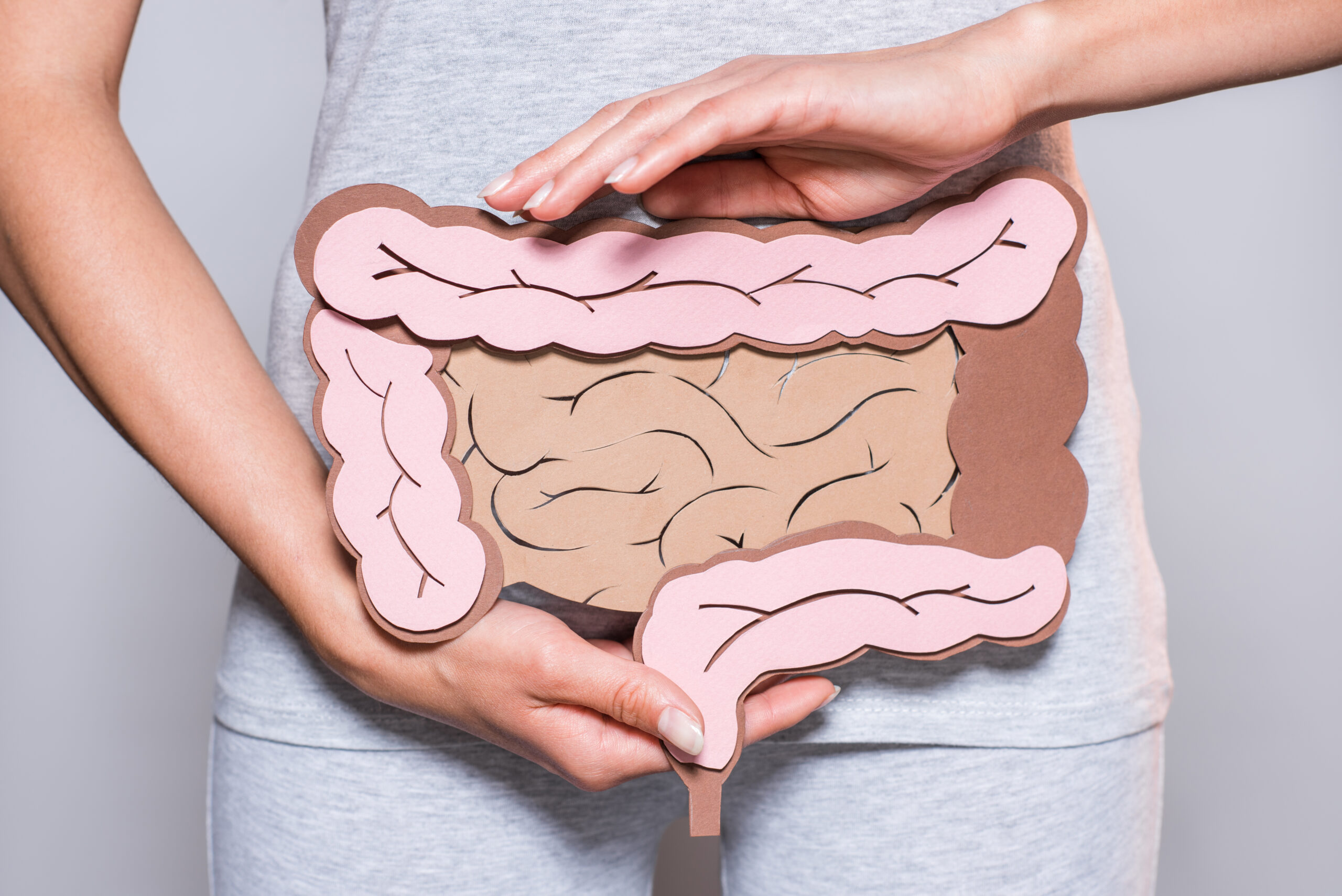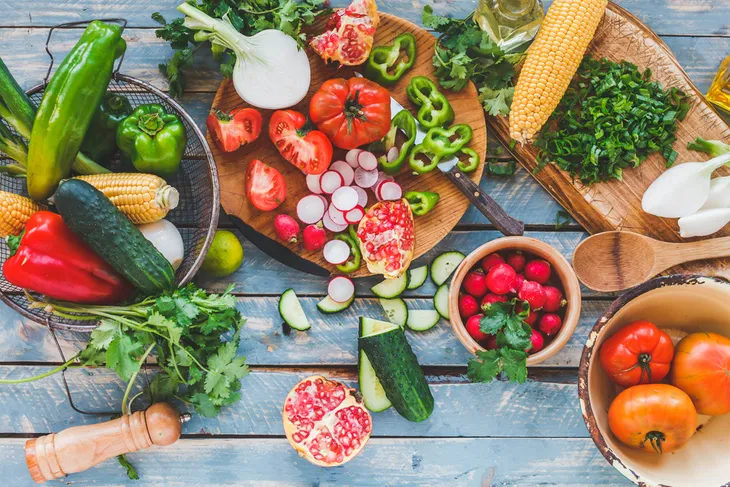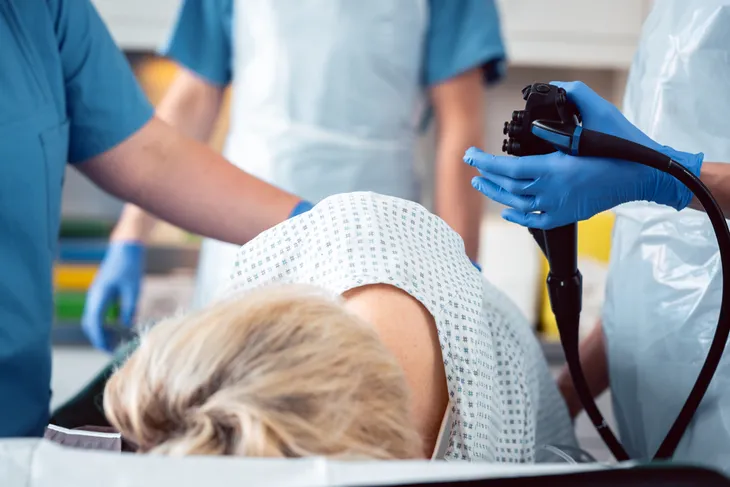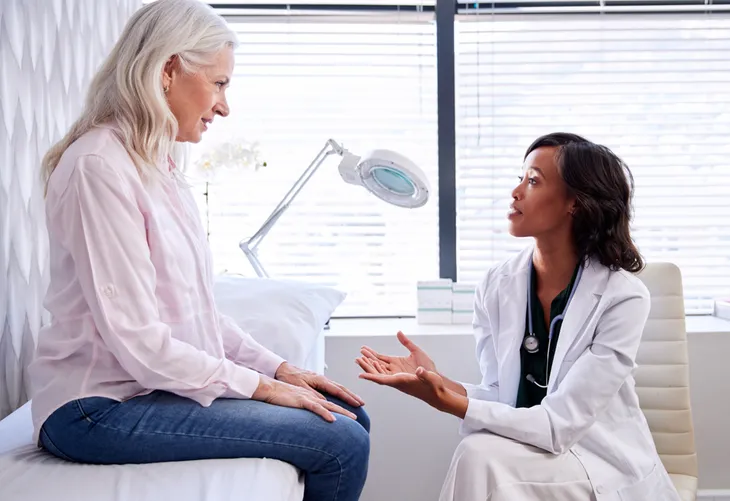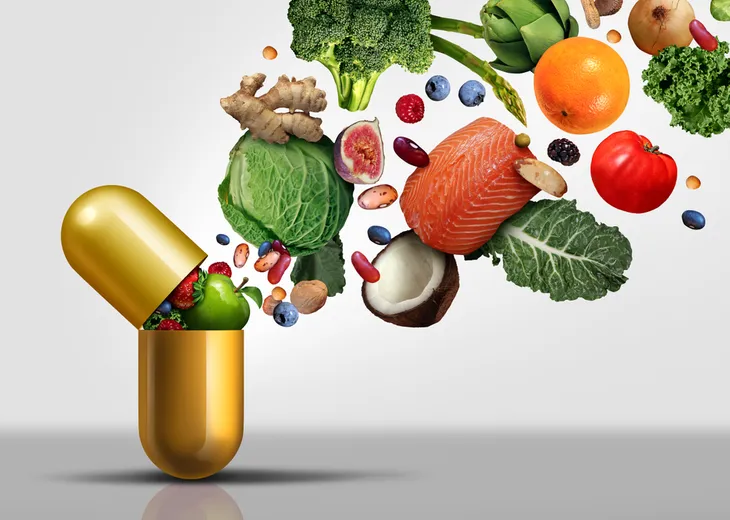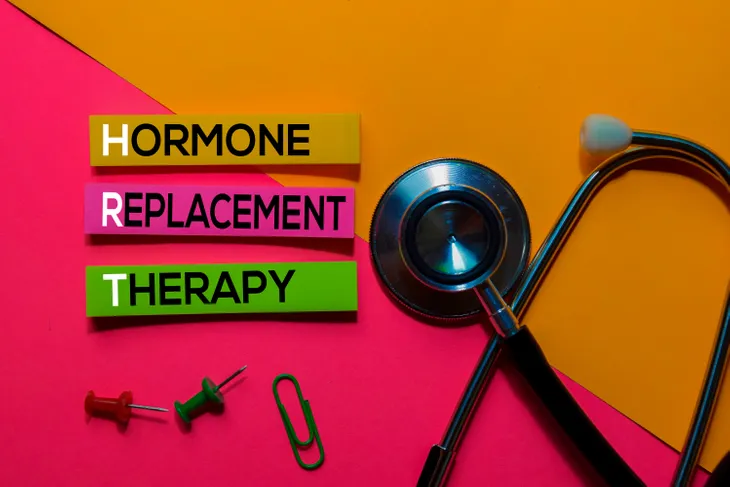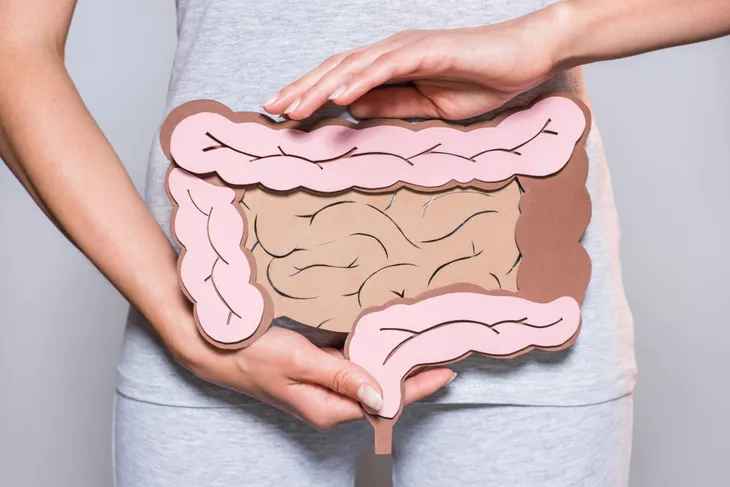- Colon cancer, a disease that occurs in the tissue of the colon or rectum, is one of the most prominent and dangerous forms of cancer.
- People can try to prevent colon cancer by reducing alcohol intake, not smoking, exercising regularly, and eating a healthier diet.
- Unfortunately, there are also some risk factors that cannot be controlled, such as race, age, family history, and personal medical history.
Colon cancer is a disease that occurs when malignant (cancer) cells form in the tissue of the colon or rectum, says the National Cancer Institute (NIH). It’s one of the most impactful cancers as the third leading cause of fatality from cancer in the United States. The key to surviving colon cancer is early detection and prevention.
While the exact cause of colon cancer is unknown, there are several risk factors that increase a person’s likelihood of developing it. And even though there is no surefire way to prevent colon cancer, there are some preventative measures that can help protect against it. Here’s a list of 12 ways to help prevent colon cancer…
Maintain a Healthy Weight
According to the National Cancer Institute, people who are overweight or obese are 30-percent more likely to develop colon cancer than those who aren’t. In addition to that, people with a high body mass index (BMI) also have a higher risk for colon and rectal cancers. This is particularly true for men, notes Healthline.
Even just extra weight causes undue stress to the body and can lead to all kinds of health problems. “Carrying extra pounds increases your risk of colon cancer, as well as cancers of the breast (in postmenopausal women), rectum, esophagus, pancreas and kidney,” writes the Mayo Clinic. To better manage a healthy body weight, be sure to eat healthy and exercise often. If you need help losing weight, talk to your doctor.
Limit Alcohol Intake
In order to get the most protection from colon cancer, many health experts recommend not drinking at all. This is because research has found a link between alcohol use and a higher risk of colorectal cancer. However, a zero tolerance might not be entirely realistic for everyone.
The other option is to drink moderately because heavy alcohol consumption in particular can increase the risk of colorectal cancer. This means no more than one drink a day for women and two drinks per day for men, says the Mayo Clinic. “A single drink equals 12-ounces of beer, 5-ounces of wine or 1 1/2-ounces of 80-proof distilled spirits (hard liquor),” writes the American Cancer Society.
Exercise Regularly
Regular exercise or simply moving on a daily basis is very important for overall health. It provides endless benefits, many of which stem from its ability to help manage weight and boost heart health. Among the endless benefits of exercising is potentially preventing colon cancer. People who are inactive are more likely to develop colorectal cancer.
The Mayo Clinic suggests aiming for 30-minutes of moderate exercise most days of the week. The thought of having to exercise every day may scare some people, but it really doesn’t have to be intense. Even just moderate exercise, such as walking or household chores count. There is also research to suggest that sedentary time or sitting can increase a persons risk for colorectal cancer, says the Canadian Cancer Society. Make sure to take breaks from sitting throughout the day.
Don’t Smoke
Not surprisingly, health experts strongly discourage smoking tobacco in order to prevent cancer. While most of us assume lung cancer is the one cancer that smoking puts us at risk of, its effects reach much further than that.
According to the American Cancer Society, people who have been smoking for a long time are more likely (than people who don’t smoke) to develop and pass away from colon or rectal cancer. Smoking greatly increases a person’s risk of colorectal cancer and many other cancers. If you’re having trouble quitting, talk to your doctor.
Eat More Fruits and Vegetables
Similar to exercising regularly, eating healthy is something we should all be doing as it provides endless benefits for our overall health. When it comes to colon cancer, a diet containing lots of fruits, vegetables, and whole grains has been found to offer some protection. These are all foods high in fiber which helps keep the digestive system healthy and bowels regular, notes the Canadian Cancer Society. “Fiber increases the bulk of stools and speeds up the movement of food through the colon,” writes the source.
Research has found a correlation between a Western diet (which is notoriously low in fibre and high in calories and fat) and higher colon cancer rates, says the Mayo Clinic. This means people who eat more fiber, fruits, vegetables, legumes, and whole grains are less likely to develop colon cancer. Try to eat a variety of fruits and vegetables in order to get an array of vitamins and nutrients.
Eat Less Red Meat and Processed Foods
While eating more fruits, vegetables and whole grains can help prevent colon cancer, the same can be said for eating less red meat and processed foods. The American Cancer Society lists beef, pork and lamb as prime examples of red meat to limit processed meats like hot dogs or luncheon meats. These foods have all been linked to an increased risk of colon cancer.
There is also evidence around the temperature we cook our meat. “Meats cooked at high temperatures create some cancer-causing chemicals called heterocyclic amines (HCAs) and polycyclic aromatic hydrocarbons (PAHs),” writes the Canadian Cancer Society. “These chemicals increase the risk for colorectal cancer.” To help prevent colon cancer, limit cooking methods that use high temperatures, such as barbecuing, pan frying, and broiling.
Get Regular Screenings
Regular screenings are the most powerful tool in colon cancer prevention. These screenings look for cancer before any signs or symptoms appear which means they are still important even for people who feel well and healthy. Early detection can increase the success rate of treatment for both colon and rectal cancer.
Most screening tests will locate and remove precancerous growths (polyps) in the colon or rectum, says the source. While polyps aren’t cancerous themselves, they can turn into cancer if left untreated. According to the American Cancer Society, “from the time the first abnormal cells start to grow into polyps, it usually takes about 10 to 15 years for them to develop into colorectal cancer.” If a person gets regular screenings, these polyps will be removed before they even have the chance of developing into cancer.
The source recommends the average person start screening for colon cancer at 45. If you’re unsure when to start screening or what tests to get, talk to your doctor. If you’re someone who’s at a high risk for colon cancer due to family or personal history, you might need to be tested more often and at an earlier age.
Protective Factors
Know Your Risk
In addition to being screened regularly, everyone should be aware of their own risk. Some people are at a higher risk than others due to family history, race, age, and their personal medical history. Individuals who are at a higher risk need to visit their doctor more often and be screened more regularly. People might want to know because it could also influence their lifestyle choices, such as smoking, drinking, and diet.
To learn more about your personal risk, talk to your doctor. The Canadian Cancer Society explains they can recommend what tests to have and when. The most common test is a colonoscopy which uses “an endoscope (a thin, tube-like instrument with a light and lens) to examine or treat the colon,” writes the source. Higher risk patients will have colonoscopies often to check for signs of colon cancer and remove any potential polyps. Other screening tests are a virtual/CT colonoscopy, flexible sigmoidoscopy, fecal occult blood test (FOBT), and DNA stool test.
Medication
According to the National Cancer Institute, some studies show pain medication can reduce the risk of colon cancer and the likelihood of passing away from colon cancer. This decrease in risk doesn’t start showing results until 10 to 20 years after the patient starts taking it.
However, it’s extremely important to note that taking this medication on a regular basis can be harmful to the body. In fact, the risks of taking it regularly greatly outweigh any benefit. “The possible harms of [medication] use (100-mg or less) daily or every other day include an increased risk of stroke and bleeding in the stomach and intestines,” writes the source. These risks are heightened for men, elderly, and people with conditions that have a heightened risk of bleeding.
Vitamins, Calcium, and Magnesium
Some people take vitamins to better their overall health or offset any potential nutrient deficiencies. Always talk to a doctor before taking any vitamins or supplements. Some studies found that taking a daily multi-vitamin containing folic acid or folate, may lower the risk of colon cancer. However, the American Cancer Society also points to other studies that folic acid might actually encourage existing tumors to grow. More research is needed.
Vitamin D, which can be acquired through sun exposure, some foods, and a vitamin, may also lower the risk of colon cancer. However, due to the risk of skin cancer from excessive sun exposure, experts don’t recommend this as a way to reduce risk. Again, more studies are needed if a vitamin D supplement can help prevent colon cancer.
There is also conflicting evidence about low levels of calcium increasing risk of colon cancer. “Calcium is important for a number of health reasons aside from possible effects on cancer risk,” writes the source. “But because of the possible increased risk of prostate cancer in men with high calcium/dairy product intake, and the possible lower risk of other cancers like colorectal cancer and breast cancer, the American Cancer Society does not have any specific recommendations regarding dairy food consumption for cancer prevention.”
Hormone Replacement Therapy for Women
Hormone replacement therapy (sometimes called menopausal hormone therapy or combined hormone replacement therapy) is for postmenopausal women. It consists of taking estrogen and progesterone after menopause, says American Cancer Society. Some studies have shown that it may reduce a woman’s risk of developing colon cancer. However, this is controversial as there are other studies that do not support these findings.
Due to the associated risks, the source notes experts don’t recommend it as a form of prevention. Taking estrogen and progesterone after menopause can increase a woman’s risk of heart disease, blood clots, and both breast and lung cancer. The National Cancer Institute also points out that women who take hormone replacement therapy and develop colon cancer, the cancer is often more advanced when diagnosed. This means the risk of fatality is greater.
Anyone considering hormone replacement therapy should discuss the risks and benefits with their doctor.
Risks You Can’t Avoid
Unfortunately, there are many risk factors of colon cancer that are unavoidable or outside a persons control. These include age, personal history of colon polyps, family history of colon cancer, race, and inflammatory intestinal conditions like ulcerative colitis and Crohn’s disease.
Even though we can’t change those things, there are plenty that we can. People can try to prevent colon cancer by reducing alcohol intake, not smoking, exercising regularly, and eating a healthier diet. This includes more fruits, vegetables, and fiber and less red meat and processed foods. Talk to your doctor about your risk of colon cancer and be proactive with regular screenings.
